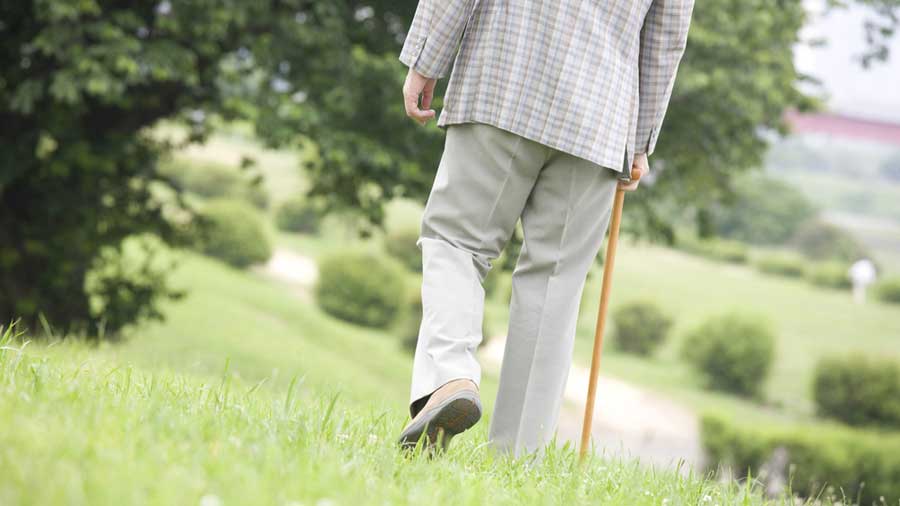One of the many boons of modernity has been an increase in life expectancy. People around the world are living longer, with life expectancy worldwide rising from 46 to 68 years between 1950 and 2010. As of 2019, there were 703 million senior people aged 65 and above globally, most of whom live in East and Southeast Asia, followed by Europe and North America. This number is projected to double over the next three decades; there will be over 1.5 billion elderly persons by 2050. A recent report by the UN department of economic and social affairs, World Population Prospects 2022, has projected that India will be the most populous nation in the world in 2050. Significantly, the country’s elderly population will be twice as much by the middle of the century. So the International Day of Older Persons — it fell on October 1 — should be an occasion for policymakers to reflect on the attendant opportunities and challenges of an ageing population.
The rise in longevity must ideally be accompanied by an improvement in the quality of life for the elderly with regard to access to healthcare services, nutrition, and physical as well as emotional care. India faces severe structural challenges in each of these areas. Consider the economic dependency of the elderly population. Pension plans are inadequate, hardly accounting for rising inflation, causing considerable hardship. There seems to be policy inertia when it comes to reimagining the able among the aged as an economically productive constituency, augmenting their financial dependence. This prejudice stems from preconceived cultural notions of the elderly being inefficient or cognitively challenged. Insurance coverage often proves to be prohibitively expensive, reducing access to healthcare. Many among the elderly thus find it difficult to bear the costs of a major illness at a time when their health begins to fail. With the fragmentation of the family as a principal care-giving unit, the costs of meeting the welfare of senior citizens is rising. India, which spends 0.032 per cent of its GDP on geriatric care, seems to be hell-bent on encouraging a model of privatised care for the old, a template that is notoriously vulnerable to profiteering and poor quality of care. The ostensible veneration for the elderly in India is not matched by the services provided by the State, family or the market. International Day for Older Persons thus remains a solemn occasion.










